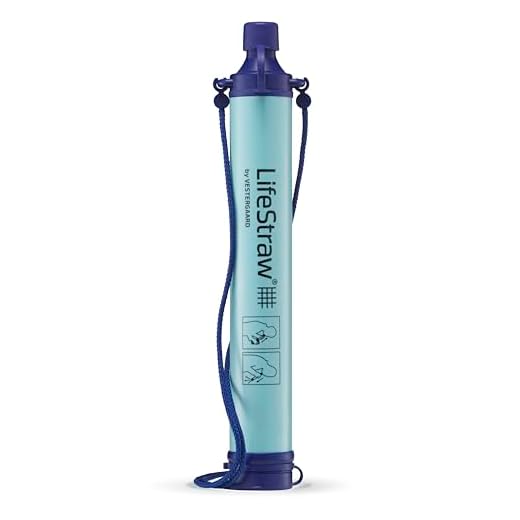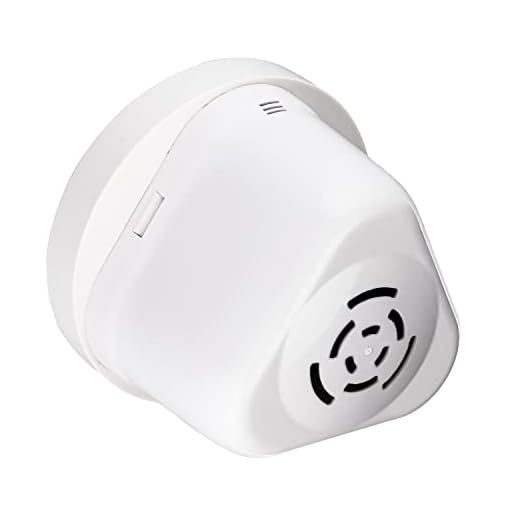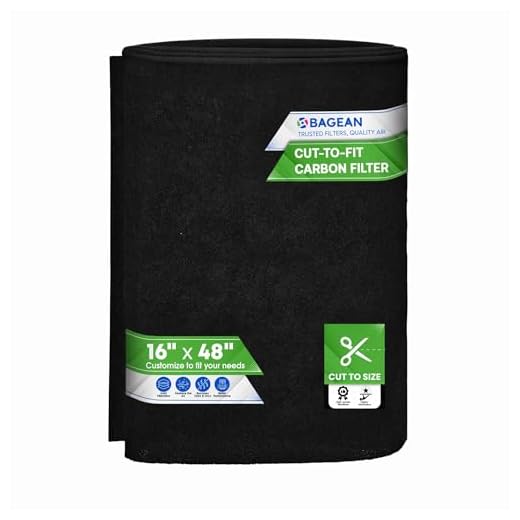




Economic Benefits of Water Filtration
Investing in water filtration systems can lead to significant cost savings for households. With a quality filter, families can reduce their reliance on bottled water, which often carries a hefty price tag. The initial cost of a filter may be offset by the long-term savings on water purchases, allowing households to allocate those funds to other essential needs. This financial benefit can be especially impactful in areas where access to clean water is a challenge and where maintaining a stock of bottled water becomes costly over time.
Furthermore, the economic advantages extend beyond individual households. By improving water quality, filtration systems reduce the burden on healthcare systems associated with treating diseases caused by contaminated water. Fewer illnesses translate to decreased medical expenses and lost productivity. The economic impact is felt across communities as improved public health leads to a more vibrant workforce and lowers healthcare costs for governments and taxpayers. Thus, the benefits of water filtration resonate noticeably within both personal finance and public health sectors.
Cost Savings for Households
Households that invest in water filtration systems often see a notable reduction in their monthly expenses. By filtering tap water instead of purchasing bottled water, families can save significantly over time. The initial cost of a water filter may seem high, but the long-term savings are clear as the need for frequent bottled water purchases diminishes. Additionally, the reduced dependency on single-use plastic helps families save money while also being environmentally responsible.
In many cases, filtering water can also lead to lower health-related costs. Access to clean, safe drinking water reduces the likelihood of illnesses linked to contaminated sources. Fewer doctor visits and reduced medical expenses contribute to the overall financial advantage of maintaining a water filtration system within the home. Investing in water filters thus represents not only an immediate cost-saving measure but also a proactive approach to safeguarding health and wellness, ultimately providing more value over the years.
Water Filters in Developing Countries
Access to clean drinking water remains a significant challenge in many developing countries. Water filters have emerged as a practical solution to address this pressing issue. These devices can significantly reduce contaminants commonly found in water sources, thus improving the overall quality of water consumed by households. In areas where infrastructure is lacking, the affordability and portability of certain filtration systems make them an attractive option for families seeking safer drinking water.
Local initiatives have aimed to promote the adoption of water filters as a means to enhance public health and economic stability. Community education programs often accompany these efforts, emphasizing the importance of clean water and providing training on filter maintenance. By improving access to pure drinking water, communities can reduce healthcare costs associated with waterborne illnesses, ultimately leading to long-term economic benefits that echo throughout households and local economies.
Accessibility and Affordability
Access to clean drinking water remains a pressing concern for many communities, particularly in developing countries. The affordability of water filtration systems is a pivotal factor in improving public health and ensuring better living conditions. Low-cost filtration technologies, such as ceramic filters and biosand filters, have emerged to meet the needs of underserved populations. These options are not only budget-friendly but also designed to be easily integrated into local environments, promoting sustainable practices.
Incorporating water filtration systems into everyday life can significantly alleviate the economic burdens associated with purchasing bottled water or treating illnesses caused by contaminated sources. Governments and NGOs often play a crucial role in subsidizing costs or providing water filters at reduced prices, making it easier for families to access safe drinking water. Education and community outreach initiatives further enhance understanding and acceptance of these technologies, fostering a culture of health and wellness among residents.
The Role of Water Filters in Public Health
Water filters play a crucial role in improving public health by reducing the presence of harmful contaminants in drinking water. Access to clean and safe water is vital for preventing illnesses and diseases that can arise from waterborne pathogens. Contaminated water sources can harbor bacteria, viruses, and parasites, leading to serious health issues. Implementing effective water filtration systems can significantly decrease these risks, thereby promoting overall community well-being.
The introduction of water filtration techniques has shown to have a profound impact on health outcomes, particularly in regions with limited access to safe drinking water. For vulnerable populations, these systems can be lifesaving, providing protection against infections and increased health risks. Furthermore, consistent access to filtered water supports not only individual health but also enhances productivity and economic stability within communities. By prioritizing clean water access, regions can foster healthier living conditions and more resilient populations.
Prevention of Waterborne Diseases
Safe drinking water is crucial for public health, as contaminated water can lead to numerous serious health issues. Waterborne diseases pose significant risks, especially in areas lacking access to clean water sources. Implementing effective water filtration systems can significantly reduce the presence of pathogens, harmful bacteria, and viruses. These systems serve both preventive and curative roles, ensuring communities can consume water without the fear of illness.
In regions historically burdened by waterborne illness, filtration technology has emerged as a vital solution. By filtering out contaminants, these systems prevent outbreaks and reduce healthcare costs associated with treating diseases. The economic impact is considerable; healthier populations lead to increased productivity and reduced medical expenses. Investing in water filtration not only provides immediate health benefits but also contributes to long-term economic stability in communities.
FAQS
What are the economic benefits of using water filters in households?
Water filters can lead to significant cost savings for households by reducing the need to purchase bottled water, lowering healthcare costs associated with waterborne illnesses, and extending the lifespan of plumbing systems by reducing mineral buildup.
How do water filters improve access to clean water in developing countries?
Water filters can enhance access to clean water in developing countries by providing affordable and effective solutions for purifying contaminated water sources, making safe drinking water more accessible to low-income communities.
What role do water filters play in public health?
Water filters play a crucial role in public health by preventing waterborne diseases, ensuring that people have access to safe drinking water, and reducing the overall burden on healthcare systems related to water-related illnesses.
How can water filtration systems save money in the long term?
In the long term, water filtration systems can save money by reducing the need for bottled water purchases, lowering medical expenses due to fewer waterborne illnesses, and minimizing plumbing repairs caused by hard water or contaminants.
Are there different types of water filters available for households?
Yes, there are several types of water filters available for households, including activated carbon filters, reverse osmosis systems, ultraviolet (UV) filters, and ceramic filters, each designed to address specific contaminants and improve water quality.
Related Links
Why Regular Filter Changes Impact Your Budget
Why Investing in Water Filters Can Save You Money
Review of Cost-effective Water Filters in 2023

